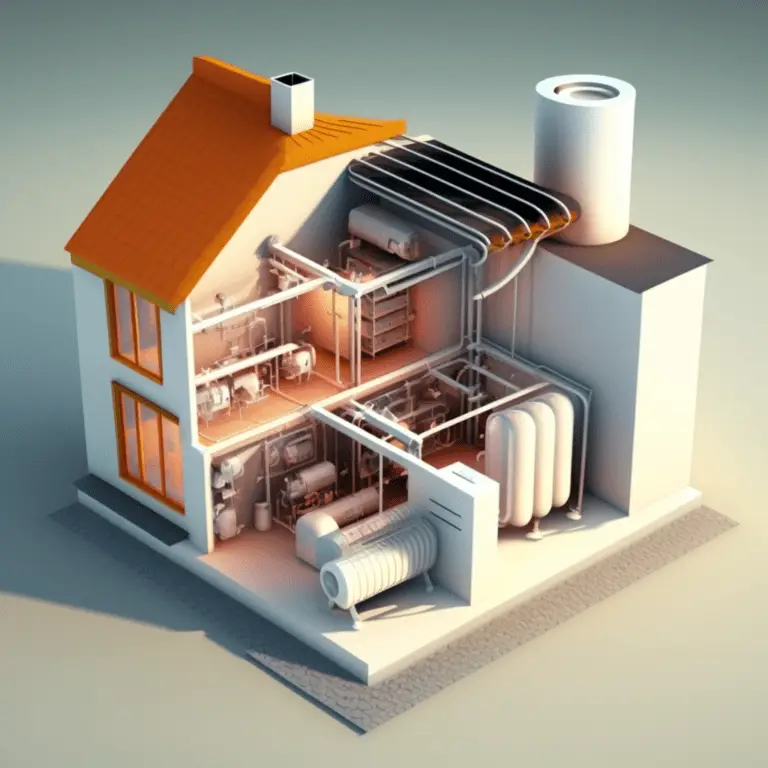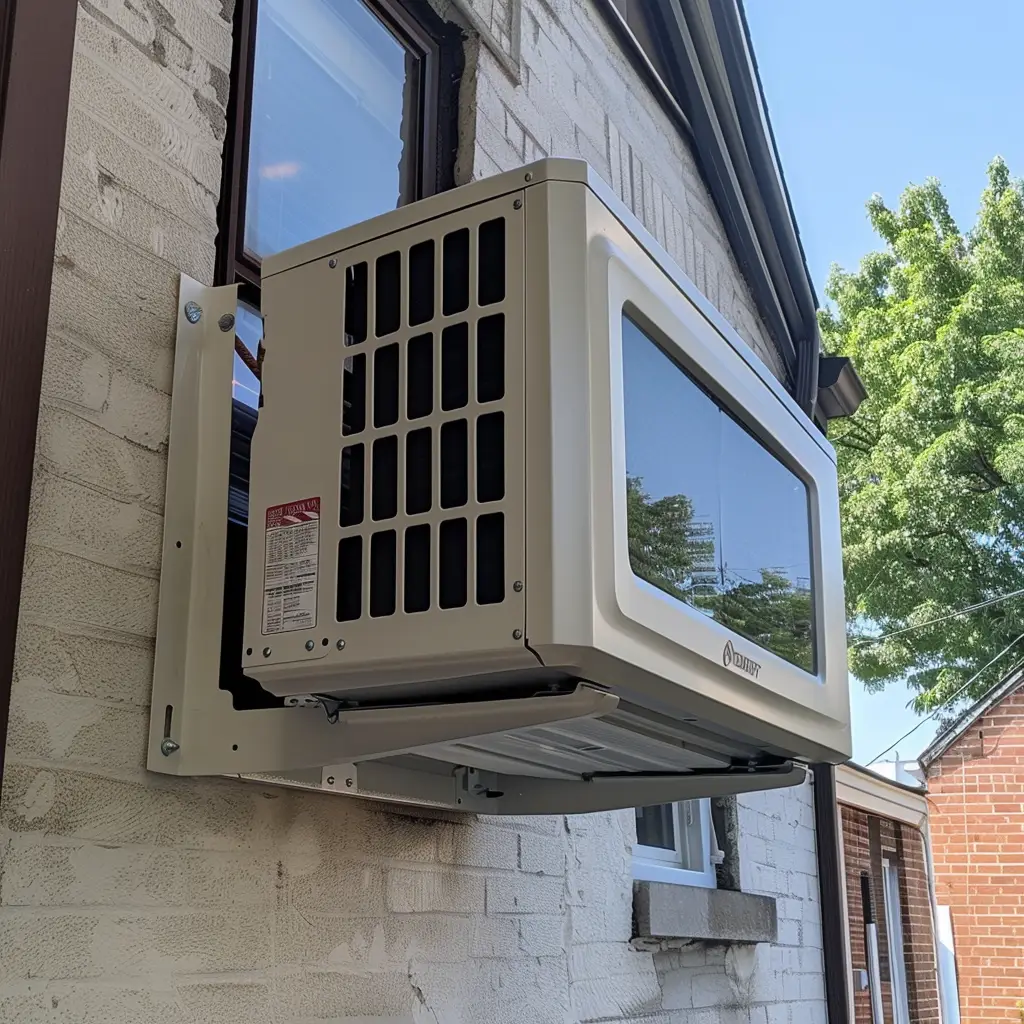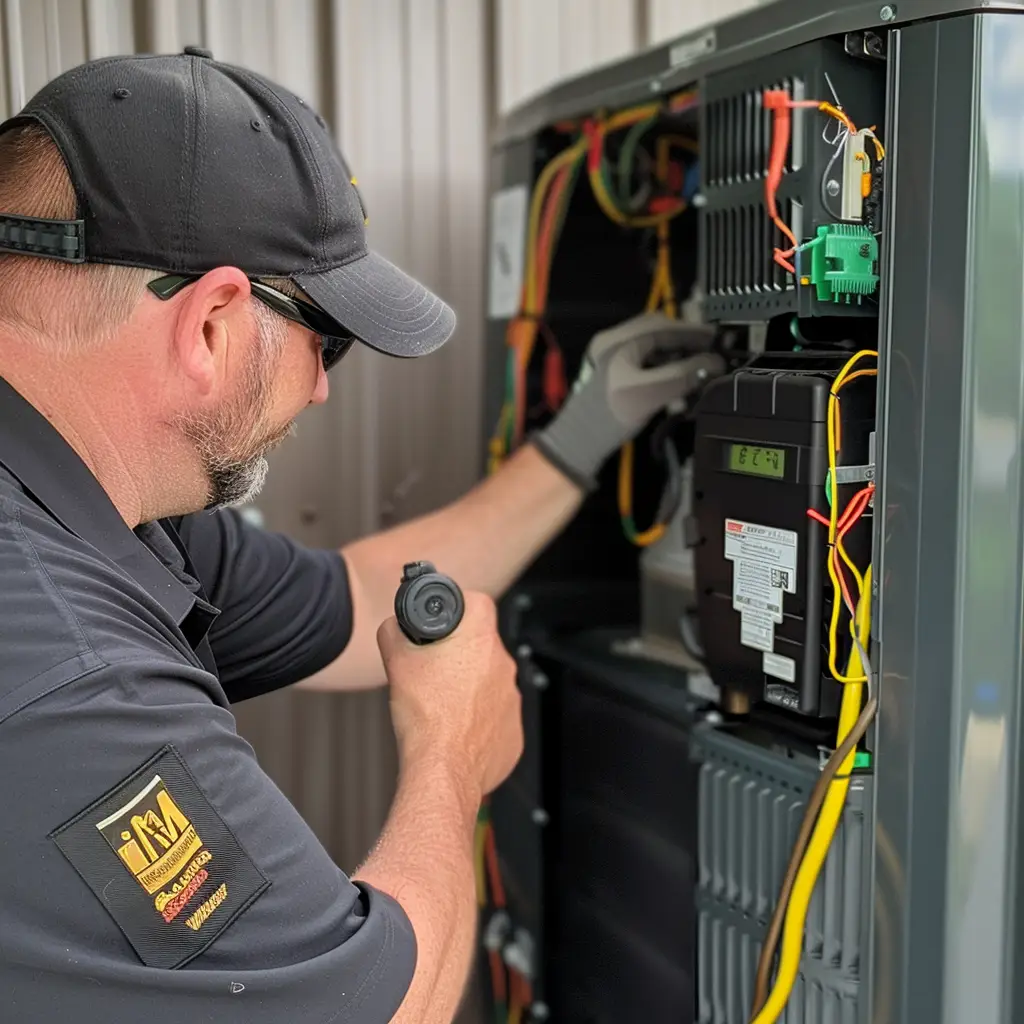In today’s world, energy efficiency has become a top priority for homeowners. With rising energy costs and increased environmental awareness, more people are looking for the most efficient heating systems to keep their homes comfortable while minimizing their energy consumption.
In this article, we will explore the different types of heating systems available and highlight the most efficient options, along with some additional considerations for boosting your home’s overall efficiency.
Understanding Home Heating Systems
Before diving into the most efficient heating systems, it’s essential to have a basic understanding of how home heating systems work and the factors that affect their efficiency.
Types of Heating Systems
There are several types of heating systems available, including furnaces, boilers, heat pumps, and radiant heating systems. Each system operates differently and has its own set of advantages and disadvantages. For example, furnaces heat air and distribute it throughout your home using a duct system, while boilers heat water and circulate it through radiators or radiant floor systems. Heat pumps, on the other hand, can both heat and cool your home by transferring heat from the outside air or the ground.
Factors Affecting Efficiency
The efficiency of a heating system depends on several factors, such as the type of fuel used (natural gas, propane, oil, or electricity), the system’s design and installation, and the overall condition of the equipment. Additionally, the climate in which you live and the insulation and sealing of your home can also significantly impact the efficiency of your heating system.
Most Efficient Heating Systems
Now that we have a basic understanding of heating systems, let’s take a look at some of the most efficient options available for your home.
Geothermal Heat Pumps
Geothermal heat pumps are among the most efficient heating systems available. These systems use the constant temperature of the earth to heat and cool your home, making them incredibly energy-efficient. Although the upfront installation costs can be high, the long-term savings and reduced environmental impact make them an attractive option for many homeowners.
Solar Heating Systems
Solar heating systems harness the power of the sun to provide warmth for your home. These systems can be either active, using solar collectors and pumps to circulate heated fluid, or passive, relying on the natural movement of heat. Solar heating systems are environmentally friendly and can significantly reduce your energy bills. However, the efficiency of these systems can vary depending on your location and the amount of sunlight your home receives.
Ductless Mini-Split Heat Pumps
Ductless mini-split heat pumps are an efficient option for homeowners looking to heat specific areas or rooms in their homes without the need for ductwork. These systems consist of an outdoor unit and one or more indoor units, which are connected via refrigerant lines. Because they avoid the energy loss associated with duct systems, ductless mini-split heat pumps can be more efficient than traditional forced-air systems. They also offer the added benefit of providing both heating and cooling solutions.
Boiler Systems
Boiler systems, particularly those with condensing technology, can be highly efficient for home heating. These systems heat water and circulate it through radiators or radiant floor systems, providing a comfortable and even heat. Condensing boilers capture and utilize heat from exhaust gases that would otherwise be wasted, making them more energy-efficient than traditional boilers.
Additional Considerations for Efficiency
In addition to choosing an efficient heating system, there are other steps you can take to improve the overall efficiency of your home’s heating.
Proper Insulation
Ensuring that your home is well-insulated can have a significant impact on the efficiency of your heating system. Proper insulation helps to retain heat and minimize heat loss, reducing the amount of energy needed to maintain a comfortable temperature.
Regular Maintenance
Regular maintenance is crucial for keeping your heating system running efficiently. Cleaning and servicing your system, replacing filters, and checking for any issues can help prevent energy loss and prolong the life of your equipment.
Smart Thermostats
Smart thermostats can help increase the efficiency of your heating system by allowing you to set specific temperatures for different times of the day and adjusting the temperature based on your habits and preferences. This can help to reduce energy waste and save you money on your energy bills.
Choosing the Right System for Your Home
When selecting the most efficient heating system for your home, consider factors such as your local climate, the size and layout of your home, your budget, and your specific heating needs. It’s essential to consult with a professional HVAC contractor who can evaluate your home and provide personalized recommendations based on your unique circumstances.
Trust AirPoint to Help you Choose The Right Home Heating System
Choosing a reputable HVAC company, such as AirPoint, is essential when selecting and maintaining the most efficient heating system for your home. As a Carrier factory authorized dealer and NATE certified in Toronto, AirPoint has demonstrated its commitment to providing top-quality products and services. With our HomeStars Best of the Best 2023 award and consistent 5-star ratings on Google and HomeStars, you can trust AirPoint’s team of TSSA, HRAI and CSA certified technicians to guide you in making the best heating system decision for your unique needs.
Ultimately, selecting the most efficient heating system with the help of a reliable HVAC company like AirPoint will not only provide you with a comfortable living environment but also help reduce your energy consumption and lower your utility bills, benefiting both your wallet and the environment.
To learn more valuable tips and tricks to help you maximize your home’s energy efficiency, watch this video by Best Electric Radiators
Efficient Heating System FAQs: Answers from the Experts
Get more answers to your questions about efficient home heating systems from the experts at AirPoint.
What is the most efficient heating system for a home?
The most efficient heating system will vary depending on your specific needs and circumstances. However, geothermal heat pumps, solar heating systems, ductless mini-split heat pumps, and condensing boiler systems are some of the most efficient options available.
Is it worth upgrading my heating system to a more efficient one?
Upgrading to a more efficient heating system can help reduce energy consumption, lower utility bills, and minimize your environmental impact. It's essential to weigh the upfront costs of upgrading against the potential long-term savings to determine if it's a worthwhile investment.
How can I improve the efficiency of my existing heating system?
You can improve the efficiency of your heating system by ensuring proper insulation, performing regular maintenance, and using a smart thermostat to optimize temperature settings.
How do I know if my current heating system is energy-efficient?
You can check the efficiency rating of your heating system by looking at its Annual Fuel Utilization Efficiency (AFUE) for furnaces and boilers, or Seasonal Energy Efficiency Ratio (SEER) and Heating Seasonal Performance Factor (HSPF) for heat pumps. These ratings provide a standardized measure of the system's efficiency. Additionally, consulting with a professional HVAC contractor can help you determine if your current system is energy-efficient or if an upgrade is necessary.
Should I choose a heating system that uses renewable energy?
Choosing a heating system that utilizes renewable energy, such as solar heating systems or geothermal heat pumps, can be a great option for homeowners looking to reduce their carbon footprint and minimize their reliance on fossil fuels. However, the upfront costs and feasibility of these systems will depend on factors such as your location, home layout, and budget. It's essential to consult with an experienced contractor to determine if a renewable energy-based heating system is right for you.





